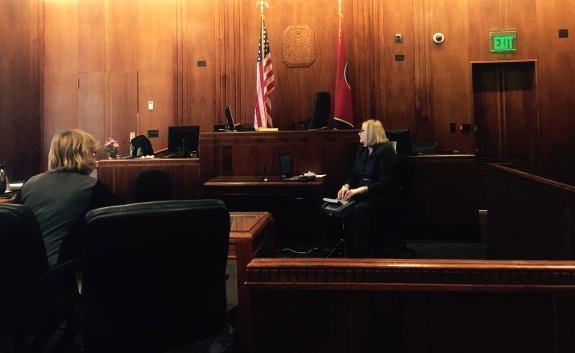
In the courtroom of Davidson County chancellor Claudia Bonnyman, attorneys for death row inmates and representing the state plan to present doctors and pharmacists who share their views on the effectiveness of a drug called pentobarbital.
Since last putting someone to death in 2009, Tennessee has switched to the single-drug method because the other lethal injection drugs became impossible to buy. The plan is for Department of Correction guards to administer an overdose of pentobarbital. It’s used by several other states, including Texas, which puts more people to death than any other state.
Tennessee’s attorneys say they will argue, in part, that pentobarbital must be reliable because often it’s the drug of choice by patients in states with physician-assisted suicide. But public defender Kelley Henry say she’ll point out that on death row, no physician is involved, not even a nurse.
“What the evidence is going to show is that this is a medical procedure being carried out by people who don’t have the training or qualifications to know what they’re doing,” Henry said.
The drug in question also will come from an undisclosed compounding pharmacy, which Henry argues could lead to a defective product and potentially painful end of life.
The state’s attorneys did not want to comment directly on the pending case. But they do feel the
U.S. Supreme Court’s ruling last week, while regarding a different drug, reaffirmed the constitutionality of lethal injection as a form of capital punishment. Also, the majority opinion reiterated that any successful challenge to a lethal injection protocol has to include an alternative, which the Tennessee plaintiffs do not.
The Tennessee Supreme Court has fast-tracked lawsuit since 31 death row inmates are named as parties. As long as the lethal injection challenge persists, attorneys say executions in the state will effectively remain on hold


